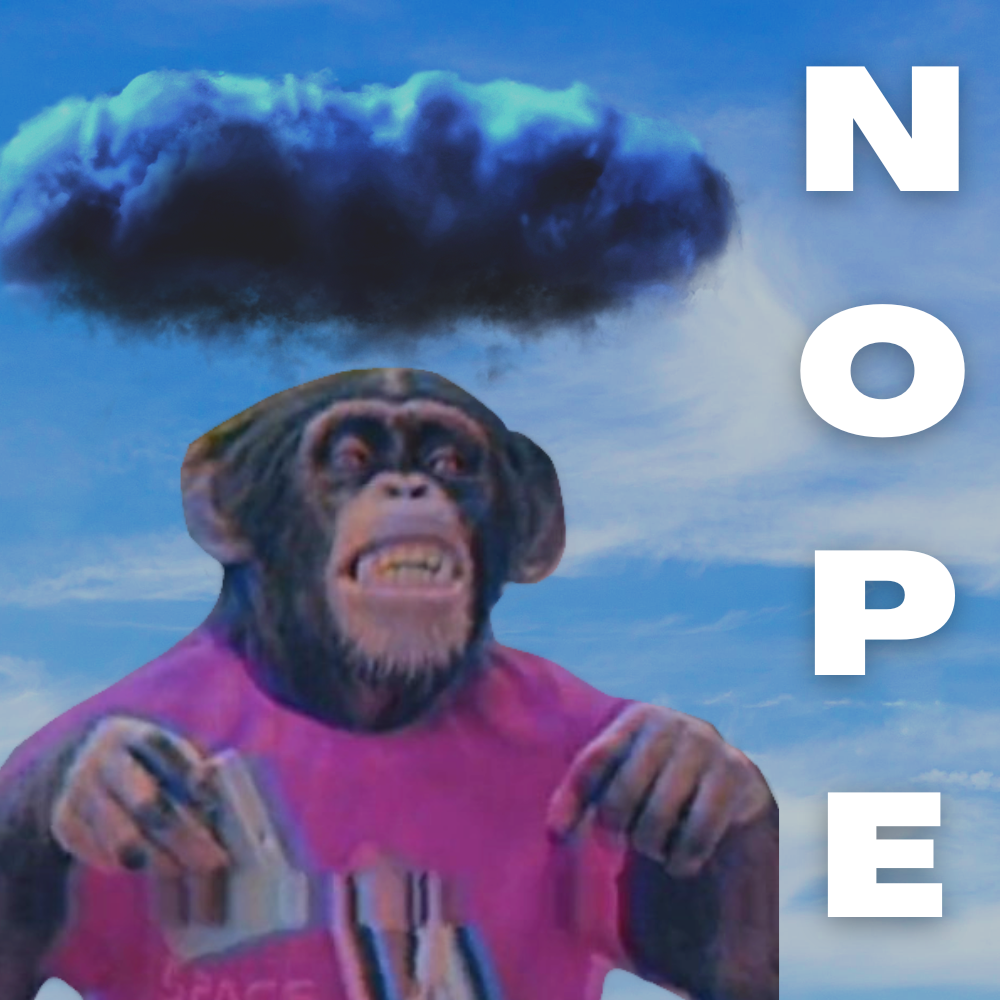Please visit response.fsu.edu for official FSU updates and resources.
Nope & Jordan Peele's Social Messaging

*This article contains spoilers for Nope*
Since his 2017 film debut Get Out, Jordan Peele has asserted himself as the most exciting horror director in the game. With Peele, common life experiences suddenly become our worst nightmares. From visiting your partner’s family for the first time (Get Out) to simply looking in the mirror (Us), Peele’s films are both accessible and haunting through what they say about our society.
Peele’s films feature a unique style and voice. The most notable feature is the presence of social critiques that lie beneath the surface of the plots. Peele has successfully navigated important social problems like police brutality, racial prejudice, and body image issues through his signature witty dialogue and jaw-dropping plot twists. His latest film, NOPE, is perhaps his Peeliest yet. Complete with a hilarious cast, biting social critique, and a formidable monster, Peele truly delivers nothing short of a spectacle. Even more interesting is what the film has to say about us. NOPE leaves the audience wrestling with important themes about our relationship with nature, entertainment, and each other.
The movie opens on a disastrous sitcom set. The broken fill lights and blood-smeared furniture indicate that something terrible happened here. This eerie expectation of something bad to come is a feeling maintained throughout the movie. More haunting is how this foreboding sense applies to the world at large, in the wake of impending climate disasters as a result of our interaction with the environment. The theme of exploiting resources for our own entertainment is at the center of NOPE, blaming our need to witness a spectacle for the injustices against nature.
The theme of spectacle is introduced within the first few seconds of the film with an excerpt from the book of Nahum that appears before the first scene. On the screen, it reads “And I will cast abominable filth upon thee, and make thee vile, and will set thee as a spectacle.” Over the next two hours, the audience follows the journey of O.J. and Emerald Haywood, Hollywood horse trainers struggling to keep their family’s legendary company afloat. When they discover the existence of a UFO, they concentrate all their effort on capturing footage and profiting off it, hopefully saving the business as a result. The twist occurs when it is revealed that the UFO is actually a living creature, whose aggressive abductions were acts of defending its territory. This is where the social message of NOPE is best illustrated.
As we continue to develop and encroach upon wildlife and natural areas, more animals have become displaced. Furthermore, all the expansion to build more apartments or theme parks contribute to global warming. Exacerbated by an expanding population, there is an insatiable drive to constantly seek entertainment or comfort. This causes us to take more from the environment without offering much in return. That is the ugly truth Peele points out through the monster in this film. When we realize that all the destruction and havoc wreaked was actually just nature defending itself, the audience must reconsider who is really in the wrong. Perhaps it is not UFOs or ambiguous creatures we should fear, but our own actions and how they affect the planet we live on.
That brooding sense of something bad to come, while a great effect for a horror film, also nods to real-life consequences of the actions critiqued in the film. Other films such as Don’t Look Up have made similar arguments against the way we fail to take action against such impending dangers. While we may not all be sucked into the sky by a giant UFO (though we can’t rule that out either), we are certainly threatened by the environmental effects of our persistent demands of nature. NOPE, therefore, acts as a brilliantly entertaining wake-up call for audiences. Once again, Peele manages to articulate a nuanced point about a pressing social issue through his movies. You may be wondering if anyone else can achieve such a thing quite like Jordan Peele. The answer, of course, is nope.
Writer: Peyton Burton
Artist: Hannah Liu



